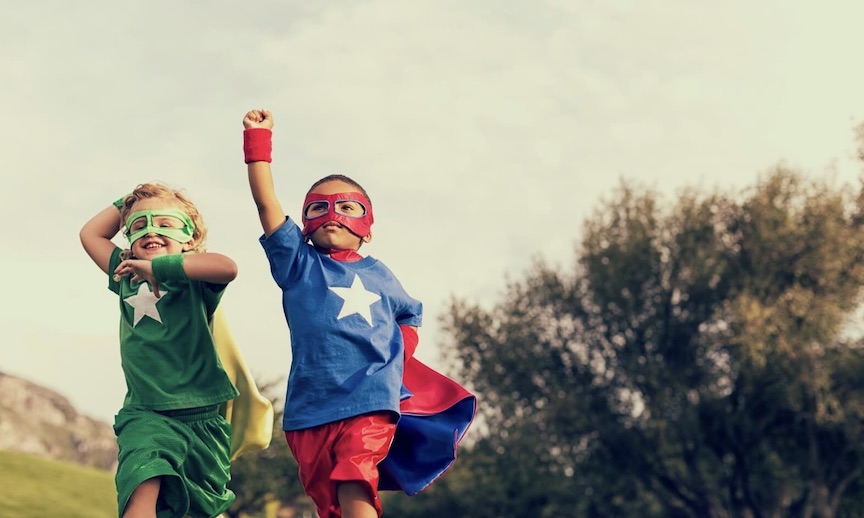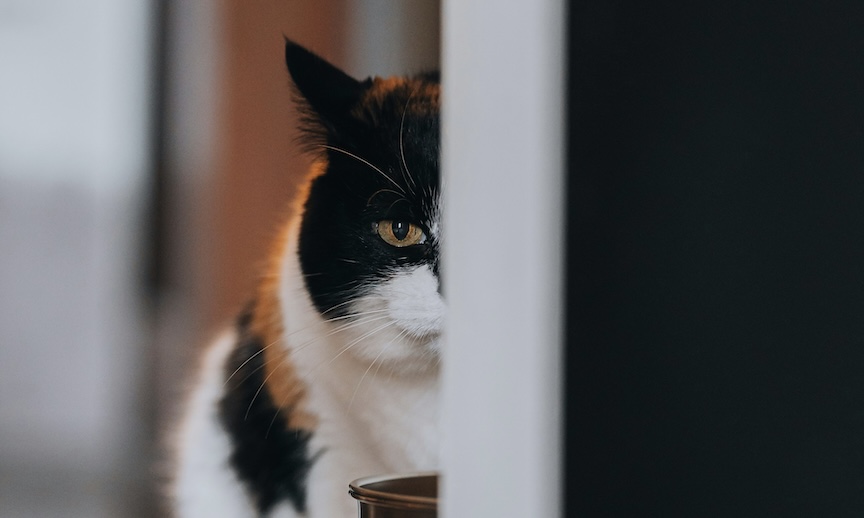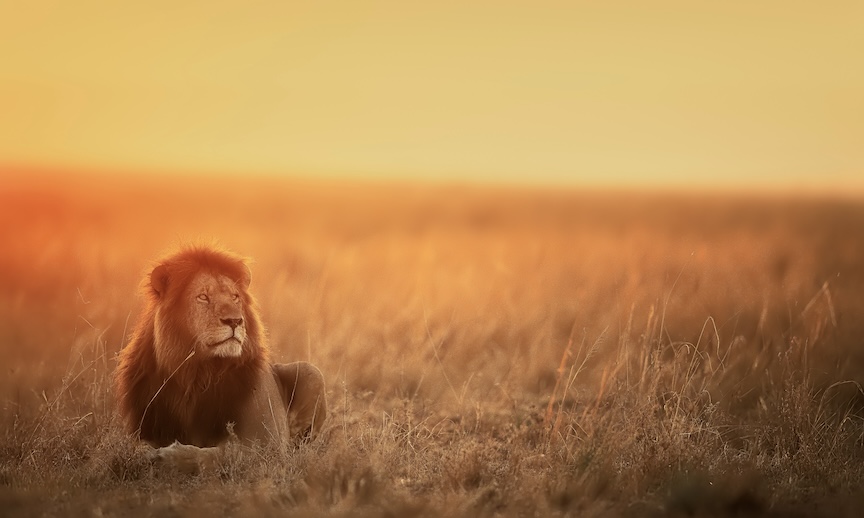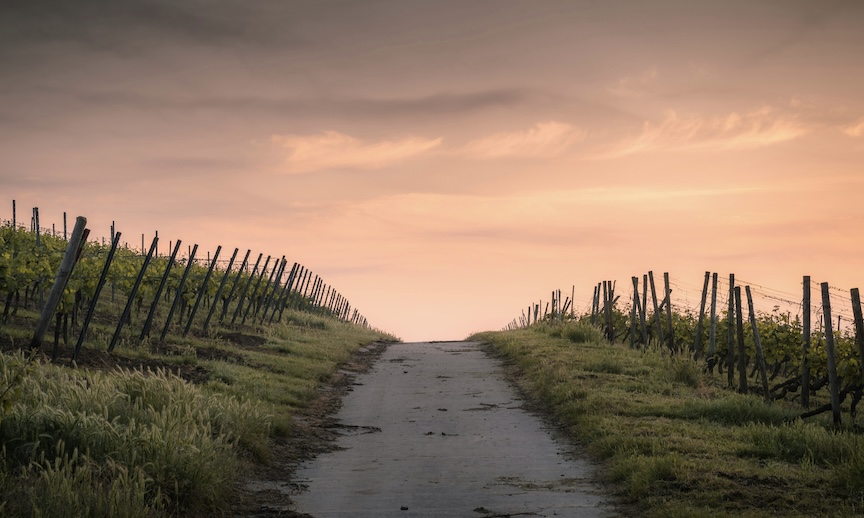HAPPY TO HELP
We are all here on Earth to help others; what on Earth the others are here for, I don’t know.
– W. H. Auden
Most people enjoy feeling helpful. It’s just immensely satisfying to think that we’ve been supportive, exercised kindness or generosity, made things a little easier by sharing someone’s load. I know I sure like it. Feeling like I’ve made a difference feels like Purpose.
Being on the receiving end, though…? Being helped? That’s tougher for a lot of us.
The thought of even needing it can be pretty challenging to one’s sense of self. It might feel like an admission of ineptitude or insufficiency, like failure. Asking for help might reveal weakness, so we don’t ask for it. Being helped can feel like losing control, so we don’t accept it.
I’m sure there’s a biological origin for this — an evolutionary advantage to having others perceive us as independently strong and self-sufficient. But it’s been compounded and intensified by a culture that places undue value on rugged individualism, mythologizing the idea of pulling ourselves up by our own bootstraps with can-do American pluck.
And this gets really messy because it can turn our natural inclination to help each other — the wonderful and genuine personal satisfaction of being helpful — into something like superiority or resentment, even contempt. We love to help, but if we think it’s better not to need help, then what does that say about those we’re helping? Yuck.
Religion and spirituality give us some mixed messages about it, too. On one hand, there’s Divine Grace — being blessed, opening our hearts to boundless heavenly gifts, surrender, receiving help from the Universe. In some faiths, this includes a ring of unworthiness — it is given to us even though we don’t deserve it. In Science of Mind, it tends to be more about reasserting our worthiness — the fact that we do in fact deserve it. In both flavors, though, the unconditional loving goodness is usually counterbalanced with a stubborn reminder that each of us, ultimately, is responsible for number one. “God helps those who help themselves… God can only do for us what It can do through us…”
A number of years ago, I was talking to a fellow Practitioner of Science of Mind. He remarked, “I’m constantly reminded how socially conservative this philosophy is. All about self-reliance and personal responsibility.” I sputtered, flabbergasted, for a moment before replying, “And yet how progressive it is! All about our interconnection, and our mutual responsibility to care for each other!”
The idea of HELP seems to land smack dab in the middle of this. The fact that it can’t always go only in one direction.
Of course, as much as possible, we want to be the authors of our own lives, not Life’s subjects. It is disempowering to think of ourselves only as victims of circumstance, or merely as the passive recipients of another’s largesse. So, we reclaim our own creative agency, our autonomy, our freedom. And we come to know ourselves not just as those who can and do help ourselves but as ones endowed with the ability to help others. That’s terrific.
At the same time, though, as much as we like being self-possessed, self-actualizing, self-sufficient creators of life, that only takes us so far if we think we’re doing it alone. We might be able to muscle through this particular project, this particular problem, this particular day with our own grit and determination. But the bigger picture — our lives, our communities, the world — always includes the input, the participation, the HELP of others.
We like being the helpers, sure. But if that’s the only role we’re willing to play, not only does it deprive others of the opportunity to know themselves as helpers, it also denies us some sense of our contribution to those grander visions that we can only actualize together. At best, it’s patronizing. At worst, it’s defeating for all of us.
I kind of thought I’d gotten over this, for the most part. I think of myself as the voice of interdependence, collaboration, and the co-creative possibilities only available in deeper recognition of our togetherness. I know that we need each other. I talk about it all the time.
And yet… still I am loathe to ask for help. I hate it, actually. For all of the same old, typical reasons. Gah!
This week (and forever) my practice is to reframe these ideas of helping and being helped, to let it be reciprocal, a perpetual circulation like breathing. Indeed, the Divine may help those who help themselves. AND in this equation, all of us get to be both helpers and help-ees. We’re the divine and the self. We’re creators and created.
I can’t wait to be with you this Sunday, October 16, 10:00am at Maple Street Dance Space. XO, Drew
©2022 Drew Groves
